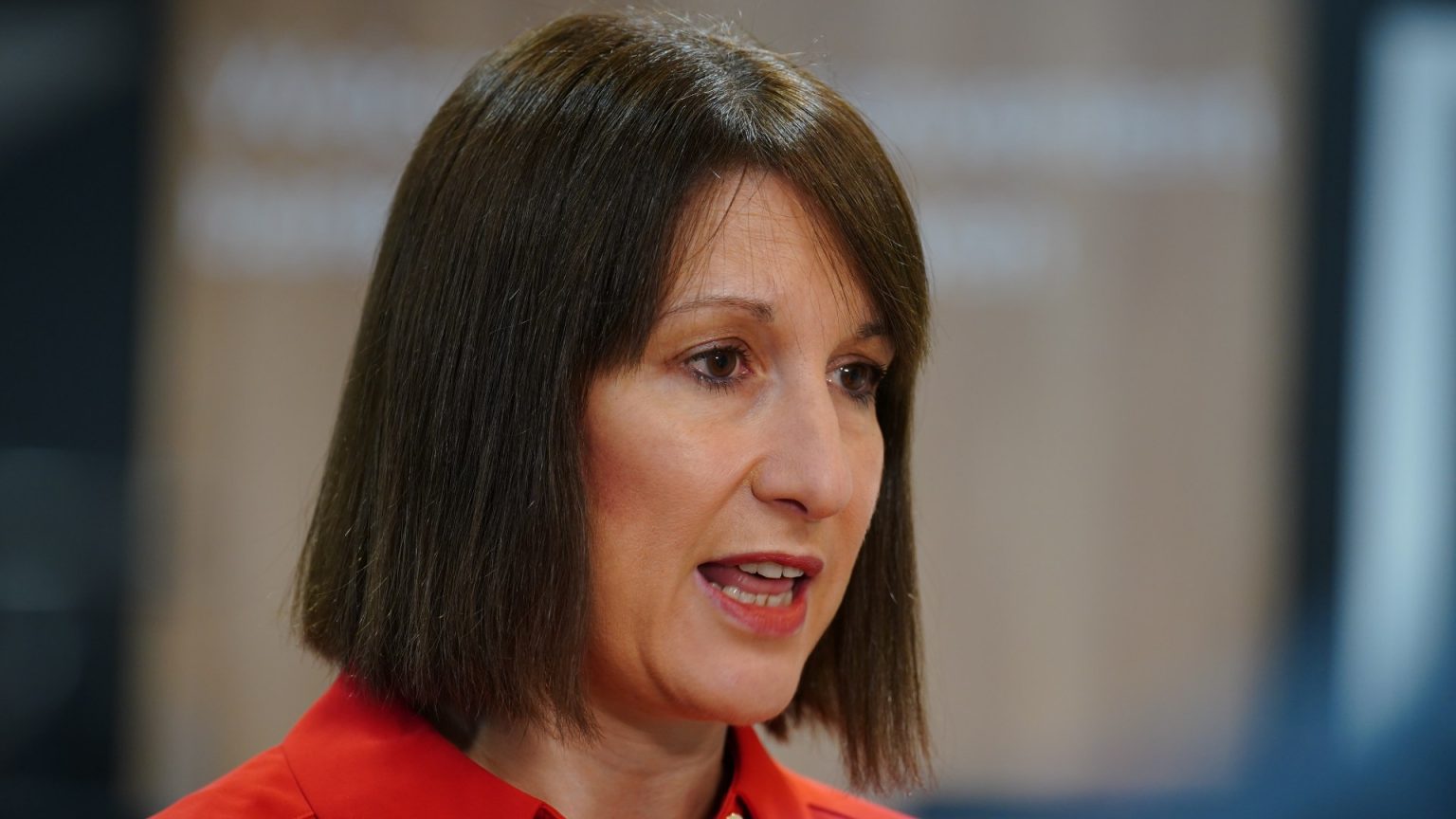Chancellor Rachel Reeves faces a formidable economic challenge upon her return from China, marked by a confluence of unfavorable factors that have created a “week from hell.” The UK’s economic outlook has darkened, with growth forecasts potentially facing downward revisions. Businesses are expressing concerns about the potential negative impact of the recent Budget on investment, job creation, and inflation. The rising cost of borrowing, reflected in higher mortgage rates, is placing a strain on households across the country. Furthermore, international markets have reacted negatively to the UK’s substantial borrowing, leading to a decline in the value of the pound sterling. This confluence of economic pressures presents a significant test for the Chancellor and her government.
The Chancellor’s immediate challenge is to address the escalating cost of servicing the national debt, which has ballooned in recent times. This increased debt burden requires billions more in spending, further complicating the government’s fiscal position. Simultaneously, pressure from public sector unions for further pay increases adds another layer of complexity. The government’s recent allocation of substantial funds for public sector pay rises last year has not quelled the unions’ demands, with teachers and train drivers seeking additional inflation-busting increases. These demands place the Chancellor in a difficult position, caught between the need for fiscal prudence and the pressure to address the cost-of-living crisis affecting public sector workers.
Reeves’s fiscal predicament is significantly more challenging than the £22 billion deficit she previously attributed to the Conservative government. The Chancellor’s options appear limited. Further tax increases, while potentially addressing the deficit, risk stifling economic growth, exacerbating the financial burden on households, and potentially triggering a political backlash. This leaves spending cuts and a concerted effort to enhance public sector productivity as the most viable path forward. Such measures, however, are likely to face strong opposition from unions accustomed to a more accommodating relationship with the previous government. The Chancellor faces the difficult task of balancing fiscal responsibility with the need to maintain public services and avoid further economic hardship.
The government can no longer afford to prioritize the interests of its allies within the civil service and the broader public sector. The electorate expects decisive action from the Chancellor, demonstrated through a renewed focus on stimulating economic growth and drastically reducing wasteful spending. The Chancellor’s upcoming speech on the economy offers an opportunity to outline a clear strategy for addressing the current economic challenges. This speech will be closely scrutinized by businesses, markets, and the public, and needs to demonstrate a commitment to fiscal responsibility and sustainable economic growth.
Beyond immediate economic concerns, the government’s decision to cede the Chagos Islands to Mauritius, a close ally of China, has sparked controversy. This move is particularly perplexing in light of the government’s declared fiscal constraints and the strategic importance of the islands. Critics argue that relinquishing control of such a strategically valuable asset is a misguided policy, especially considering the financial implications and the potential geopolitical ramifications. The government’s justification for this decision remains unclear, and there are calls for a reassessment of this policy given its potential long-term consequences.
The government’s resistance to a public inquiry into the rape gangs scandal also draws criticism. Public sentiment overwhelmingly favors a judge-led investigation into these crimes, predominantly committed by men of Pakistani heritage, and the alleged cover-up by authorities. The government’s reluctance to initiate a full and transparent inquiry has fueled public distrust and calls for greater accountability. The government’s position appears increasingly out of step with public opinion, which demands a thorough examination of these crimes and the systemic failures that allowed them to occur.










